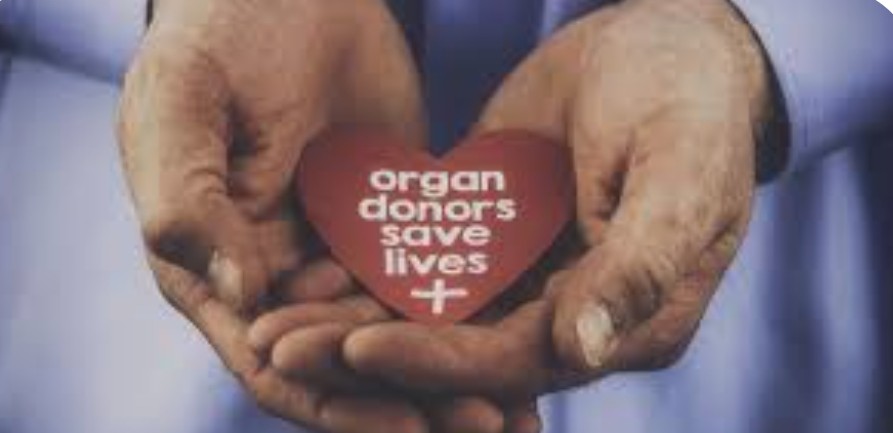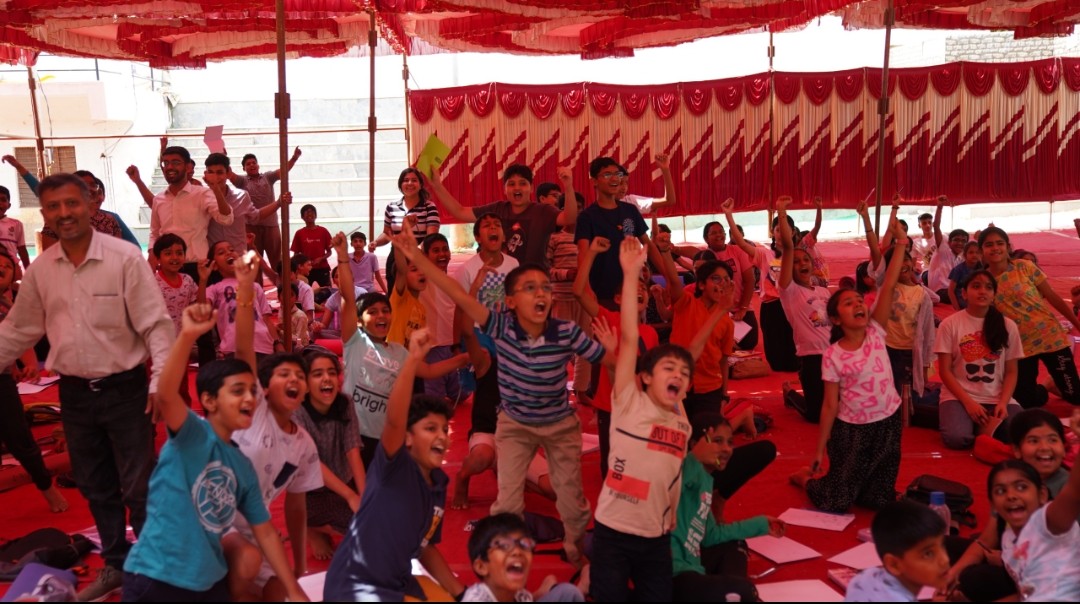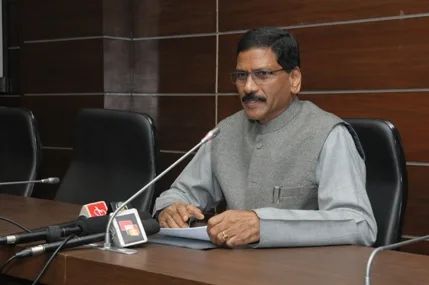“Dedicated Fail-proof Communication System for Disaster Management” – Vice Chairman, NDMA
“Dedicated Fail-proof Communication System for Disaster Management” –
Vice Chairman, NDMA
Release of National Disaster Management Guidelines for Information and Communication
System (NDMICS)
NDMA Bhavan, Safdarjung Enclave,
15 February 2012
Speaking at the occasion of Release of the National Guidelines on National Disaster
Management Information and Communication System, Shri M Shashidhar Reddy,
Hon’ble Vice Chairman, NDMA stressed that the holistic approach for Disaster
Management calls for a dedicated fail-proof communication system to ensure seamless
flow of value-added information products on GIS platform not only in the response
phase but also for prevention, preparedness, mitigation and recovery, besides capacity
building programmes. Shri Reddy informed that to achieve this, it is contemplated to
establish National Disaster Management Information System (NDMIS) at the central
level (with a disaster recovery system at a safe location) that would be coupled to a
dedicated and fail-safe National Disaster Communication Network (NDCN) with
particular emphasis on last-mile connectivity.
NDCN will be network of networks by leveraging existing communication networks to
provide connectivity to various Emergency Operation Centres at National, State and
District levels. NDCN will provide assured multi services such as audio, video, data and
knowledge based information to meet the requirement of various stakeholders for
proactive and holistic management of disaster during all phases of disaster
management. NDCN will establish separate satellite link network for providing fail-safe
communication during disaster. Estimated cost involved in this project is Rs 943 Cr and
is now being examined by MHA.
Recalling the recent Conference of Chief Secretaries of all the States where the Chief
Secretary of Sikkim made a presentation and informed that after 18 September 2011
earthquake, only the BSNL Networks were operational and operations of the rest of the
service providers were completely disrupted, Shri Reddy complemented the BSNL for
providing fail-safe communication network. However, he said that we need to learn lessons from any disaster. He emphasized the need for immediate restoration of
communication network after any disaster.
Shri Reddy also informed that NDMA is preparing guidelines for Reserve Bank of India
for bank financing in infrastructure sector which would also include the Communication
sector. This will ensure disaster resistant design criteria in all the infrastructure projects
and will go long way in maintaining better communication connectivity.
“The Disaster Management Act, 2005 mandates the NDMA for preparing the guidelines
on various issues. NDMA has so far prepared 16 guidelines on various disaster specific
subjects and cross cutting issues. Every Ministry and Departments of the Government
of India and State Governments need to prepare their disaster management plans.
NDMA has also funded the States to prepare State Disaster Management Plans. Based
on the guidelines, released by the NDMA which have been prepared with a participatory
approach including all the Stakeholders, the National and State Plans should be
prepared expeditiously”, Shri Reddy said.
Shri Sachin Pilot, Hon’ble Minister of State for Communication and Information
Technology released the National Guidelines on National Disaster Management
Information and Communication System (NDMICS) prepared by the National Disaster
Management Authority on 15 February 2012 at NDMA Bhavan, Safdarjung Enclave,
New Delhi.
In his address Shri Pilot commended the efforts of NDMA in bringing forward these
guidelines. Shri Pilot emphasized the need for implementation of these guidelines and
said that it must reach to the last connected people in the the country in their local
language. He further expressed that the whole process of disaster management should
be all inclusive and comprehensive in nature. “India needs to be more prepared in
tackling the outcomes of both natural and man-made disasters”, for this he appreciated
the efforts of NDMA for holding mock drills and said that we need more and more mock
drills for better preparedness and awareness. “Mock Drills should be a part of our
routine”, he said.
Shri B Bhattacharjee, Member NDMA, under whose stewardship these guidelines have
been prepared, made a detailed presentation explaining the salient features of the
Guidelines






